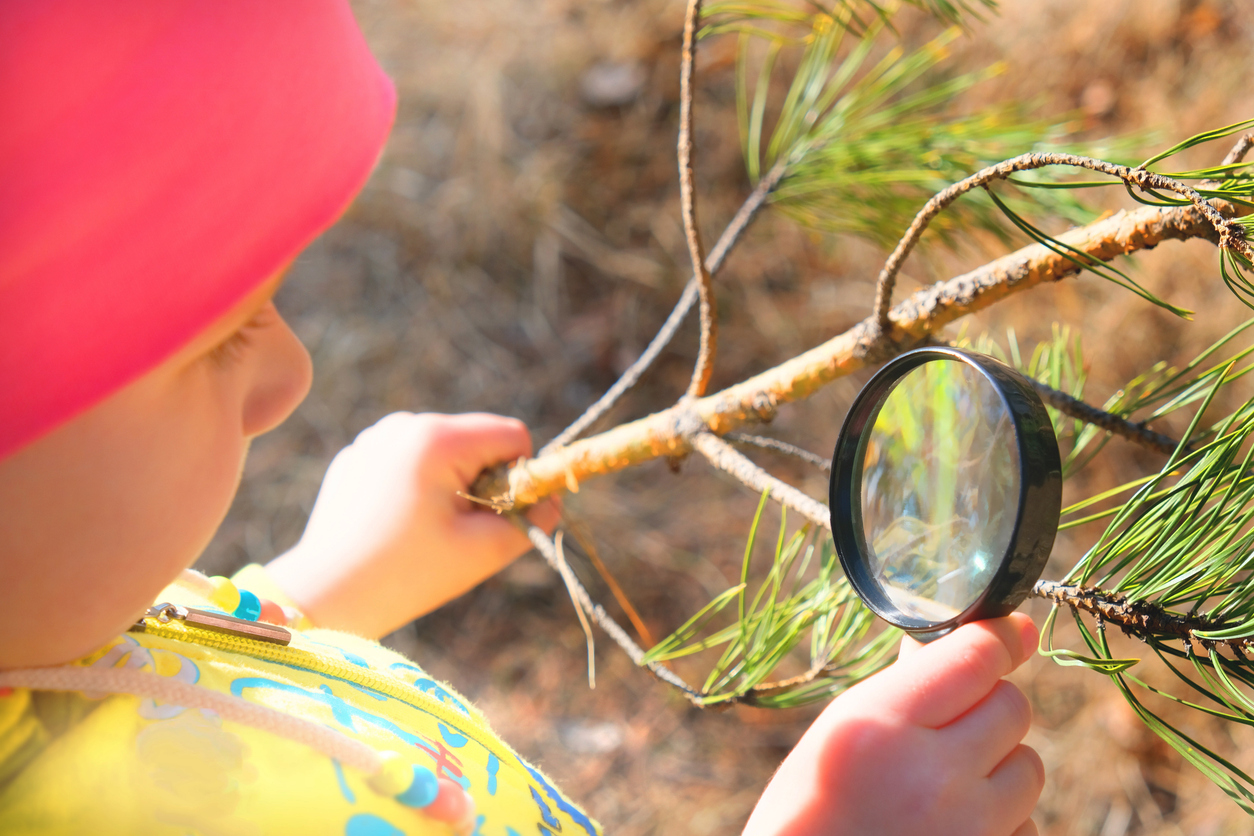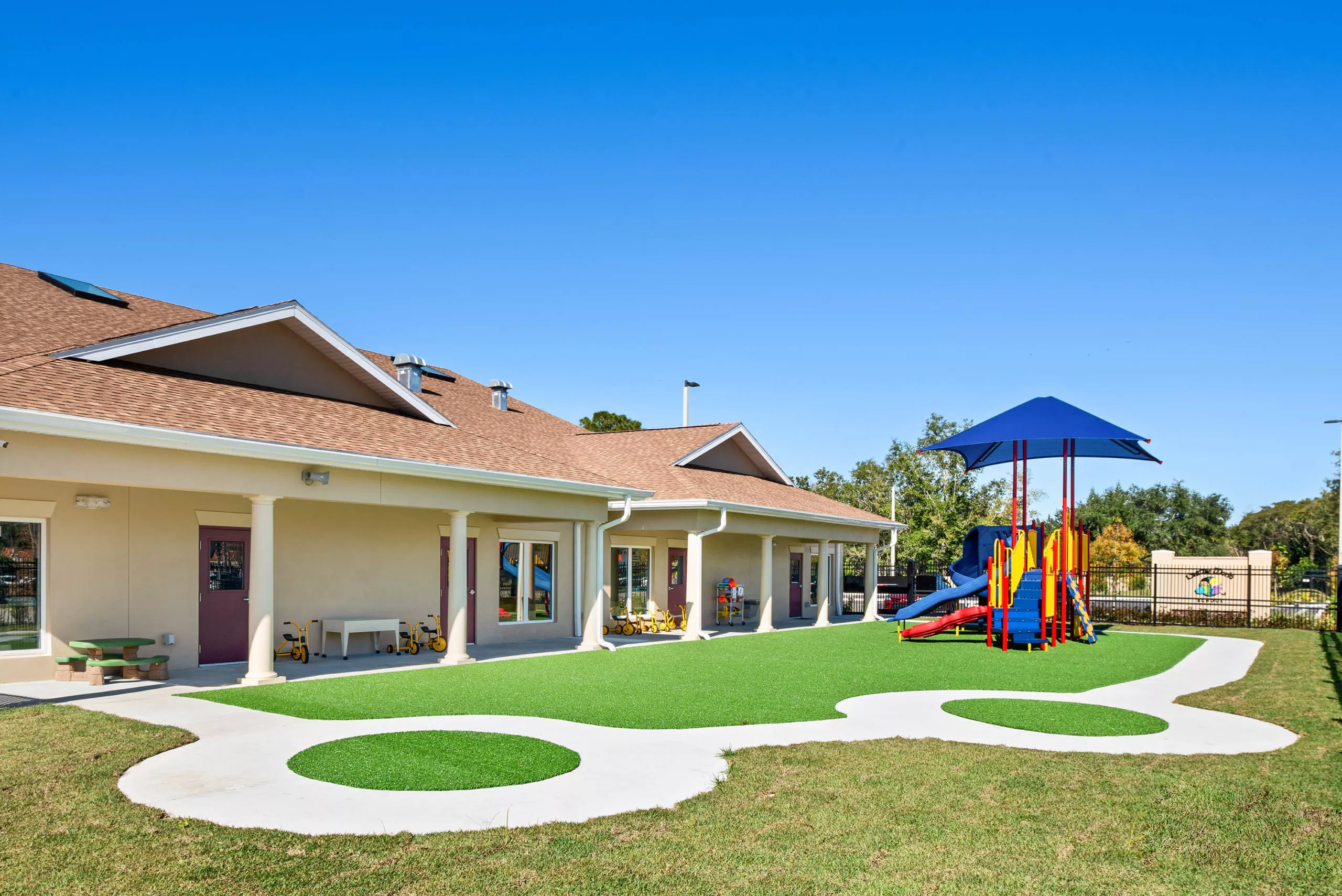
How Can Your Child Relate to Their Grandparents?
Creative world school Dec 15, 2017We are so fortunate to live in a time when our parents and grandparents may live to advanced ages. This also means that our children have the opportunity to know and interact with their extended, elderly relatives!
Winter Break is often a time when we gather as families. While we’re not saying abandon the kiddie table concept, consider if there are ways your young child could learn to interact with older family members.

Even before they are capable of entering into much conversation, there are ways that you can help your child respect and love their grand (and great-grand) parents! Our experts have some input into multi-generational relationships:
Invite older relatives to physically engage with your child.
This requires some finesse. If a family member is not strong enough to actually hold your child, take initiative and hold your child in your own arms for hugs, kisses, and eye contact. You will also want to consider a play space: is there a time when your child can be in a booster or chair that will elevate them high enough to be on the same level as older family members? This can give them the chance to sit and play with your child without having to be on the floor.
Bridge the communication gap.
Engaging yourself with older family members, using their name repeatedly and with emphasis, and making eye contact back and forth between your child and a grandparent, can all help your child feel at ease and begin to understand that this person is safe and important.
Stack the deck: build rapport.
Let a grandparent or great-grandparent deliver a present or introduce a game that you are certain your child will love. Shared interests between 8 months and 80 years may be slim, but you can set an interaction up for success by capitalizing on something your child is already interested in, and inviting family members to join their excitement and activity.
“Nobody can do for little children what grandparents do. Grandparents sort of sprinkle stardust over the lives of little children.” – Alex Haley






